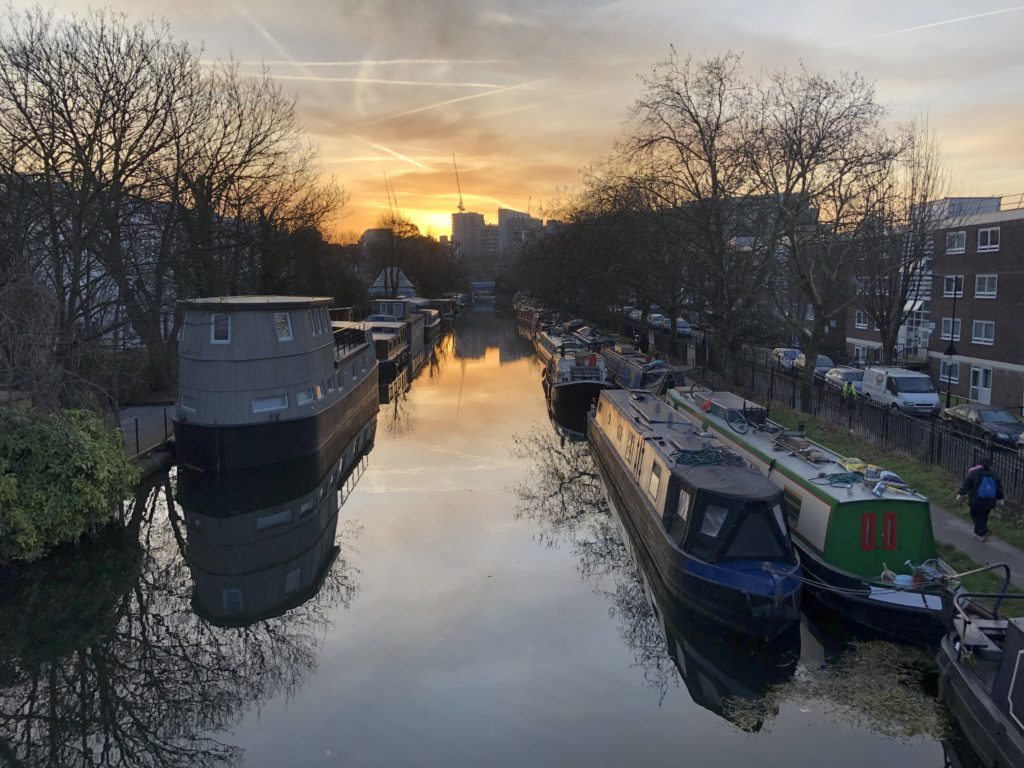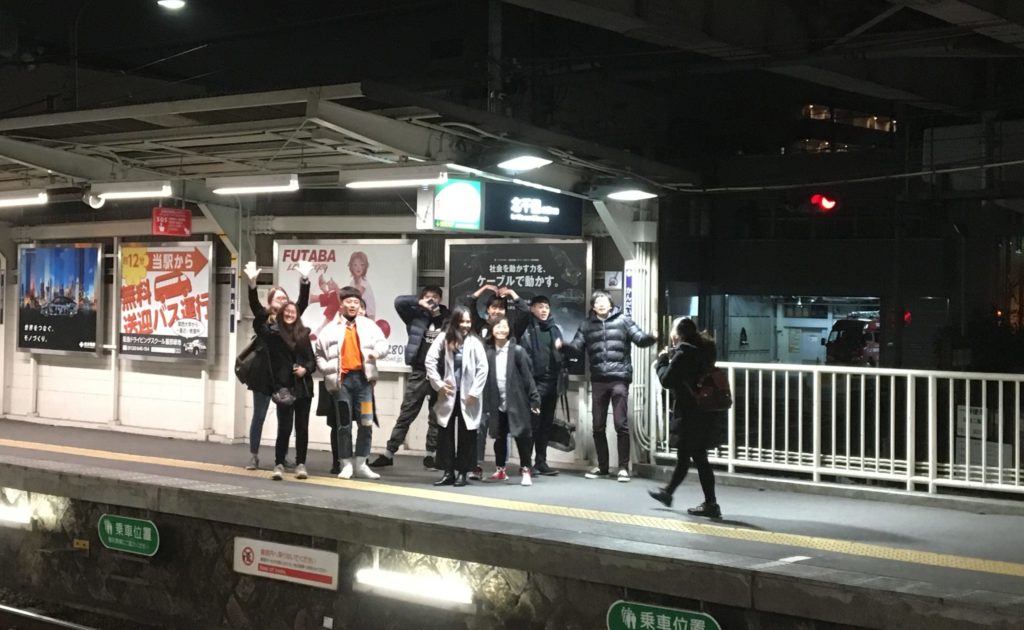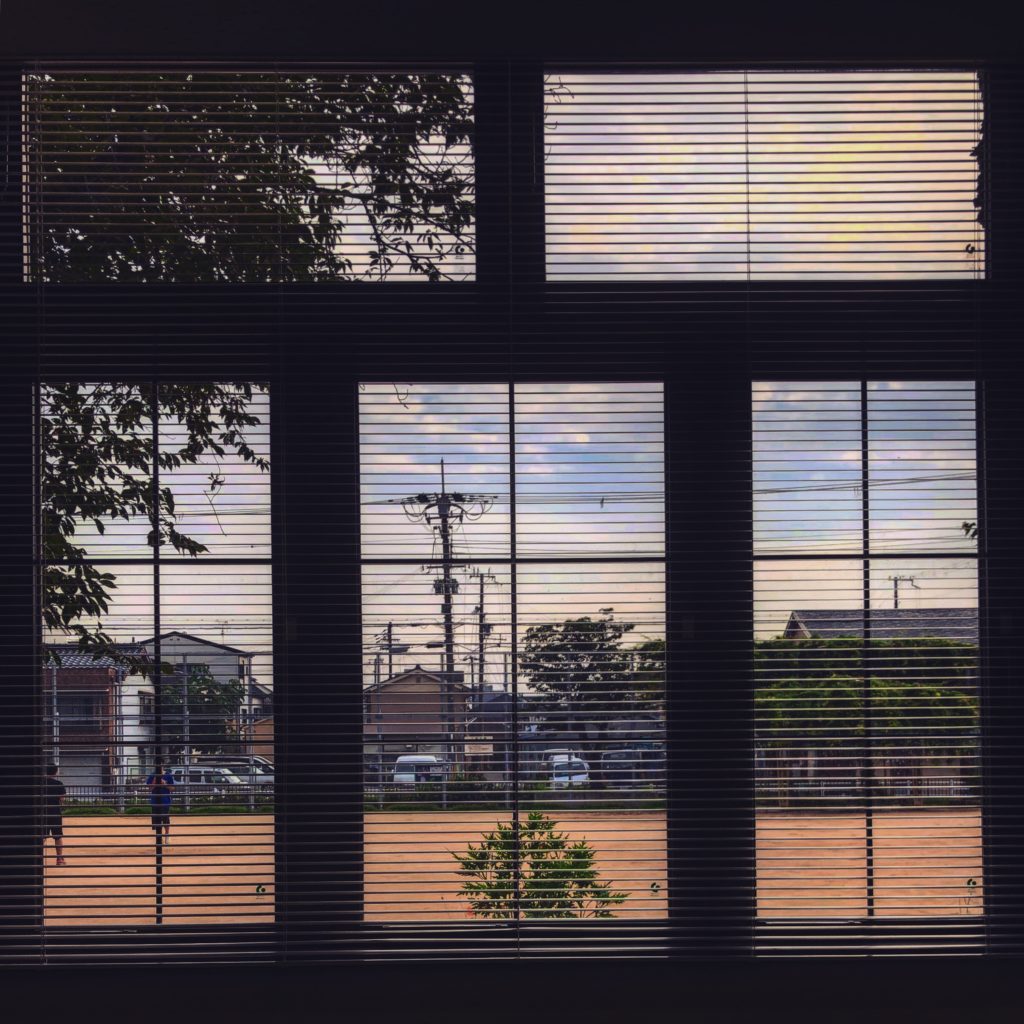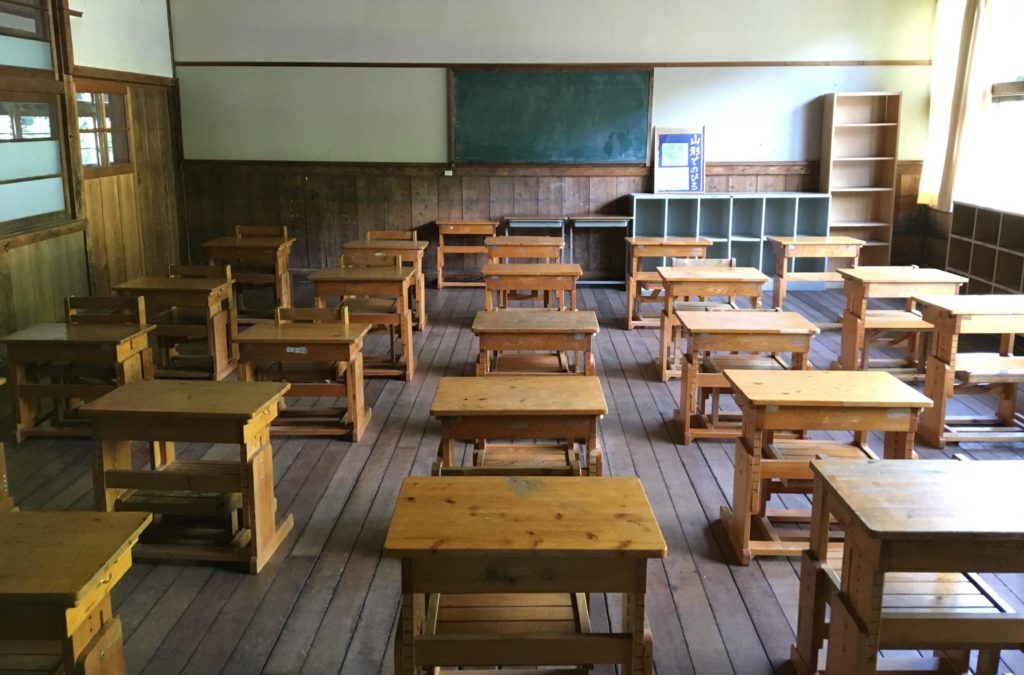Experience
Start a dialogue with people living in Japan ...
Ogawa-san: I’m going to become Japanese.
-I was born in Sapporo, but when I was ten months old, we moved to Ohio. Since then, I’ve lived in the States; ten years in Ohio, and now California.
Ogawa-san came to Japan for one year as an international exchange student.
-Both my father and mother can speak English, but we used Japanese at home.
My home was different to the homes of my friends from other backgrounds.。
-I have friends from other Asian backgrounds, and it seems as though they tend to speak English at home, but I think many Japanese heritage families may be unusual in that they make sure they pass on Japanese to their children. Like I think Vietnamese and Filipino families use English even when they’re at home. Or they take on American-sounding English names. What I think is that Japanese people are really proud of their culture, or maybe they just don’t like the idea of it becoming tainted with another culture.
I never took extra Japanese classes.
-There are enough Japanese people in America that you can find Japanese language schools, but these are just once a week on Saturdays. So there are these heritage language schools, but the kids are growing up in the States, they can only speak English in regular school, and so it never really results in any sustained studying.
From a young age, I liked hanging out with friends from diverse backgrounds.
-I quite like having a varied friendship group, so I would say I prefer mixing with people from diverse cultures, rather than other Japanese people.
In the States, I was always helping out at my dad’s clinic.
-Actually, I used to help out at my dad’s work. When I was a high school student, he ran a small hospital. All the patients who came were Japanese. For five or six years, I went when I had the time, or during the summer break. Mainly office work, but sometimes I would take the patients through to the examination room, ask about their symptoms, or take their blood pressure. Without any qualifications! Sometimes I would answer the phones. I wanted to help my family, and also study Japanese.
I encountered a lot of Japanese I didn’t know at the clinic.
-Using keigo was a must, and there were lots of specialist terms, so at the very beginning it was incredibly tough. I was thrown into it suddenly, so I wasn’t quite sure how to deal with it. For example, I couldn’t even politely ask people to wait for a short while.
The clinic was a place where I could study Japanese and experience Japanese culture.
-There were a couple of Japanese nurses and I would copy them, and listen, and copy again. Especially the transition phrases they used between different examinations. My Japanese for those patient instructions got a little better. I became able to politely instruct them, “Please wait here for 5 minutes. The doctor will be along shortly.” I didn’t know how to say anything really, but through listening and copying, I learned.
I could do the job, but Japanese became an obstacle.
-I knew how to do the job, but the level of my Japanese at that time got in the way. Like I remember one time, I was sitting behind the reception desk in the waiting room when a patient came in. I tried listening to what they said, but I couldn’t catch a word of it. I wanted to go and find someone who could help, but I didn’t even know how to tell the patient that. I couldn’t even tell them to wait for a moment. That’s how much I didn’t know! So I just walked off silently to find someone.
The clinic was Japanese society, and I wanted to be recognized as a Japanese person.
-Most of the patients were expats sent to work in the States by their companies. Assigned to the American office. Their English wasn’t so good. They were Japanese, so I was self-conscious. I guess they expected me to use Japanese. I think they could have spoken English, but I guess if you’re Japanese, you want to speak Japanese (laughs)! Sometimes a patient would come in and assume I wasn’t Japanese because of my appearance, but when I spoke to them in Japanese they realized. I didn’t really like it when they didn’t think of me as Japanese. I guess if you’re in a group, you want to blend in, or at least you can’t help wanting to feel accepted. I guess I wanted to become Japanese (laughs)! Everyone at the hospital was Japanese, so I had a strong desire to be thought of as Japanese.
My English was better, but Japanese still makes me feel safe, so I wanted to hear it.
-Even though my English was better, Japanese was my home language, so hearing it makes me feel secure. Even if I can’t completely understand what someone is saying, when I hear Japanese a feel a sense of kinship.
However, connecting with Japanese people can be hard work.
-So there was this Japanese community there, but I kind of disliked the environment. The rumor mill. I didn’t feel uncomfortable. And I wouldn’t say I hated it. But there weren’t many doctors around and it was my father’s job, so I hated being the subject of rumors. And there were times when I struggled to find common ground with others. I really fit in, but I still couldn’t connect. Maybe I fit in too much? Sorry, that explanation is very muddled.

At the same time, I didn’t feel part of the American community either.
-I’m quite a calm and quiet person, which is not exactly celebrated over there in the States. I really hated that—as my usual sensitive self, I tried my best, but other people still saw that as a negative or asked me why I was like that. It was hard.
I had some bad experiences as a kid, too.
-I didn’t have many friends. Just one or two really. There aren’t many Asian people in Ohio, so I was the only Asian kid in the group. I was very young, so I didn’t pick up on everything, but I remember I had a friend who was French, and we were really close—they asked me to be their friend so many times. But one time we went over to my friend’s house to play. My friend’s mom looked at me as if to say, “Why are you friends with this kid?” After that, our friendship sort of disappeared.
I fought against Asian stereotypes.
-There are lots of stereotypes about Asian, like all Asian people are bad at driving and such. That’s the most famous one. Or that Asians are cheap. Or their houses smell. There are lots like that. I hate those stereotypes, so I have to do my best to avoid fulfilling them.
I did my best to act like an American.
-I look Asian, and if you don’t look “American”, I think you can get made fun of. To look at me, I know some people will assume I can’t speak English. In America, the more you put yourself forward, the more you’ll be liked.
In Japan, it’s okay for me to act like a Japanese person around American, but in America I want to act perfectly like an American. I want to change according to my surroundings. Otherwise, people are going to give me a hard time or take advantage of me. Deep down, I think I’m Japanese, but when I’m around others, I try my very best to appear American (laughs). Basically, I’m a combination of both America and my Japanese heritage.
I was always practicing how to talk myself into being American.
On the other hand, even though I’m not very chatty, I force myself to be. I have to really put myself forward in English like an American. If you don’t do that you’ll stick out in this society. Even at the register in the store. Cashiers are very chatty here. “How are you?” That sort of thing. I really hate it. “What are you doing next weekend?” “What have you been up to?”’ Or if you’ve bought food, “What are you making?” You often get those kinds of questions and I hate it. I prepare myself for the conversation before I get to the register (laughs). “I’m sure they’re gonna ask me something like this …” I usually prepare an answer I think they’ll find funny or be happy with.
But I also didn’t feel like I belonged in the Japanese community, either.
When I’m with other Japanese people, they get me, but I don’t want to be around them all the time. I’m in the in-between somewhere. Always in the middle. The in-between space has become the place where I belong, somewhere easy. That state of not belonging is the easiest for me.
I came to Japan to really study Japanese.
I took Japanese in the first year of high school. My case was a bit different from the other students, but I was a bit surprised to find bits of grammar and so on that I didn’t understand. Other than that, I learned at the heritage language school and at home. Before I graduated from university, I wanted to experience coming to Japan and really seriously studying Japanese. My parents encouraged me.
After coming to Japan, I thought about how lucky I was to have grown up in the United States.
In Japan, I sometimes see Japanese girls and American guys, but the girls seem to see themselves as inferior to the guys. I’m not sure how to put it. I think they have a real inferiority complex. Like, sometimes when I go to Tokyo—Japanese people, don’t you think they change their attitude toward foreigners? But because I lived in the States, I see everyone as equal whether they are American or foreign, and I’m thankful for that.
I’ve only been living in Japan for about four months, but still, I’ve found it difficult to break into the Japanese community.
-It feels like there are a lot of locals around here. It’s not uncomfortable, but it’s a little tricky to break into the Japanese community. I’m quite the people watcher, and I feel like my sense of humor or typical conversational topics might be different.
I’m doing my best to blend in as a Japanese person here.
-A few years ago, I took a health check in Japan. I didn’t know the difference between “lie on your back” and “lie on you front” (laughs). Everything else I had been able to do with conversational Japanese, so I guess they thought I was fine, but then … silence (laughs)! It hasn’t happened recently, but when there’s something I don’t understand, I know they’re wondering whether I’m slow or something. I hate it when I get the feeling that the other person regrets talking with me or thinks I’m dumb.

There are some people in my Japanese class who recognize me as Japanese. 。
-For example, one of [my classmates] says I’m her only Japanese friend. So they think of me as Japanese, even though our level is the same.
So, I have my doubts about whether I should be studying Japanese in the class for international students.
-I feel a bit bad about that. Everyone’s so amazing, studying so hard I think, but I just learned as a kid through listening and remembering at home. My case is a little bit different. It’s complicated to explain, but I grew up in the States, so I didn’t get to study enough. And I can’t take regular classes with Japanese people, because of the level. That’s why my only option was to come here, that’s what I tell people.
But my classmates in the Japanese class have accepted me as a fellow international student.
I’m part of the international student community, but I’m not part of the American community.
At my level, it’s mostly other Asian people. Sometimes we hang out together and stuff.
I have to say, right here feels like the best place to be.
I feel like this is where I feel most accepted. Compared to university in the States, I feel much more comfortable here—based in Japan, but sometimes wanting to go to the U.S. (laughs).

I want to study Japanese more at school, then get out there and learn more about how to use it with others.
-Once, I had a meal with my tea ceremony teacher in Kyoto (laughs). My teacher’s, like, such a stylish and elegant person, and the language they used was just as refined, and I’d love to speak with that kind of Japanese. Recently I’ve been teaching English in bars and restaurants. Just a casual thing really. And sometimes I see people I know—you know, Gion is full of tourists, right? So when they come in, I’m never quite sure of the best way to approach them. I’d like to study that kind of thing, how to connect with others. I think I need to learn a little more about Japanese itself (laughs).
In the future I want to be a translator.
I was called by a Japanese chef to help translate for two American customers, who I think had come to Japan on their honeymoon. The chef couldn’t speak English so he called me. It was interesting. Like, I think I found niche, my skill (laughs). I think there’s a job for someone who grew up their whole life in America. If you understand the nuance, the American way of thinking, you can translate it well. When there’s a difference of opinion, but you can translate it without hurting the other side’s feelings, when you can convey this particular nuance. There must be a need for that.
(END)

